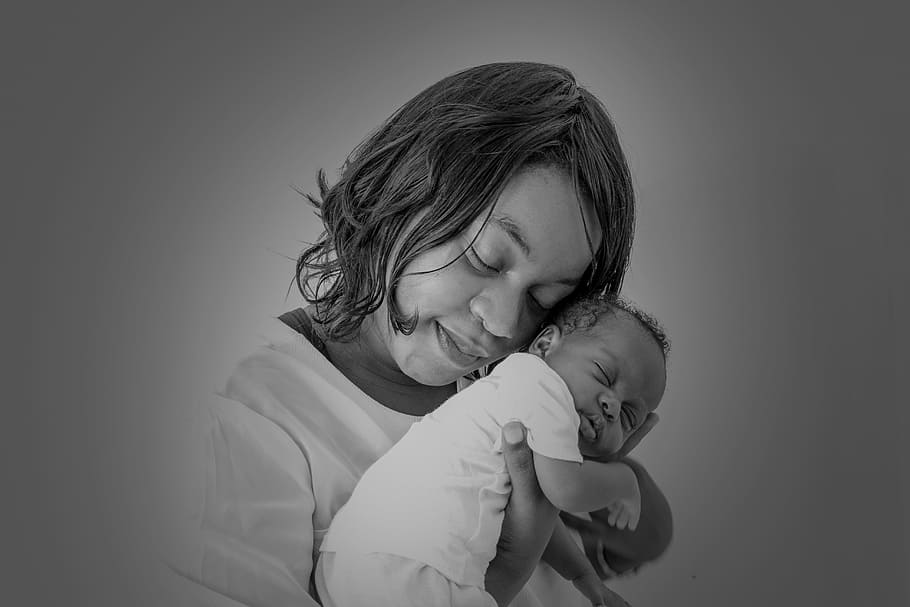
From espionage to embryonic research, reporters cover diverse topics at ScienceWriters2021
Vivid language and personal narrative can help readers draw meaning from reporting that touches on sensitive and urgent issues at the intersection of science and social justice. In a magazine story on Black maternal and infant mortality that was the focus of a workshop at ScienceWriters2021, writer Linda Villarosa pointed out that excessive deaths among Black babies mean many more Black mothers and families are grieving. “You’re talking about ‘Black babies dying.’ That is very different than saying ‘twice the infant mortality rate,’” panelist Vanessa Northington Gamble said. (Image: pxfuel)
Covering the intersection of science and race. When COVID-19 persists and attacks the brain. The impact of wildfire smoke on humans. Espionage without racial profiling. What we can learn from asteroids. The promise and ethics of embryonic research. Modeling the risk of ice sheet collapse in West Antarctica. How insect swarms might help guide robot designs.
Attendees at the virtual ScienceWriters2021 conference Sept. 28-Oct. 8 were treated to these topics and more as CASW and its partners offered the 59th New Horizons in Science briefings, a special workshop program, and tutorials on climate modeling. At this year’s conference, early-career scientists who participated in the ComSciCon-SciWri21 workshop joined with New Horizons Fellows from around the globe to report on the science at the conference, which was originally planned to be held in Colorado.
This was the fourth year that the ComSciCon workshop was held in collaboration with CASW and in conjunction with the ScienceWriters conference, with funding provided by the Howard Hughes Medical Institute.
ComSciCon workshops are organized by early-career scientists interested in building skill in science communication. CASW recruited senior science writers to serve as mentors to the students. This year’s mentors were: Melissa Lutz Blouin, Ashley Braun, Marla Broadfoot, Katie Burke, Laura Dattaro, David Ehrenstein, Jeanne Erdmann, Jeff Grabmeier, Tara Haelle, Laura Hamers, Hannah Hickey, Claudia Kalb, Alla Katnelson, Bill Kearney, Jyoti Madhusoodanan, Michael E. Newman, Lesley Evans Ogden, Czerne Reid, Eliot Richman, Jill Sakai, and Jon Weiner.
Each published piece went through a peer review process within the workshop group, then at least two rounds of editing and fact-checking supervised by chief editor Czerne Reid of the University of Florida and CASW Executive Director Rosalind Reid. The editing team also included Elliot Richman, Jeff Grabmeier, and Joann Rodgers.
The stories are published as part of the New Horizons Newsroom 2021. Additional coverage of ScienceWriters2021 sessions can be found at the website of the National Association of Science Writers.